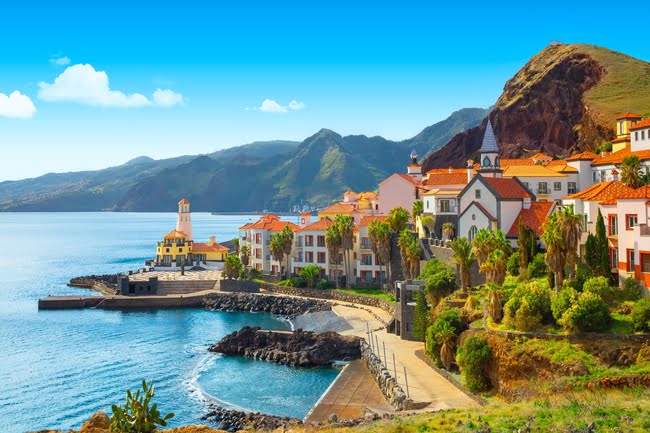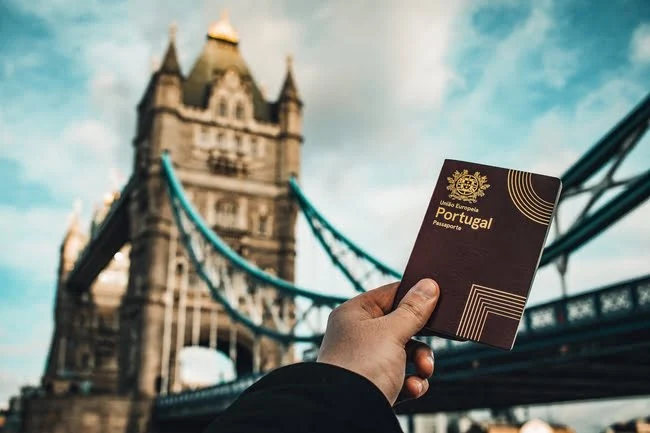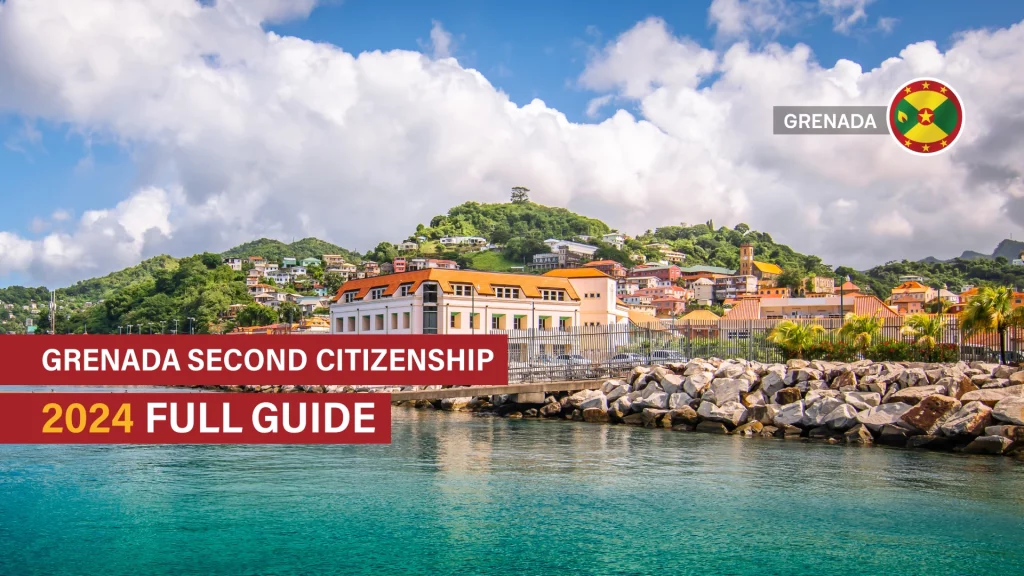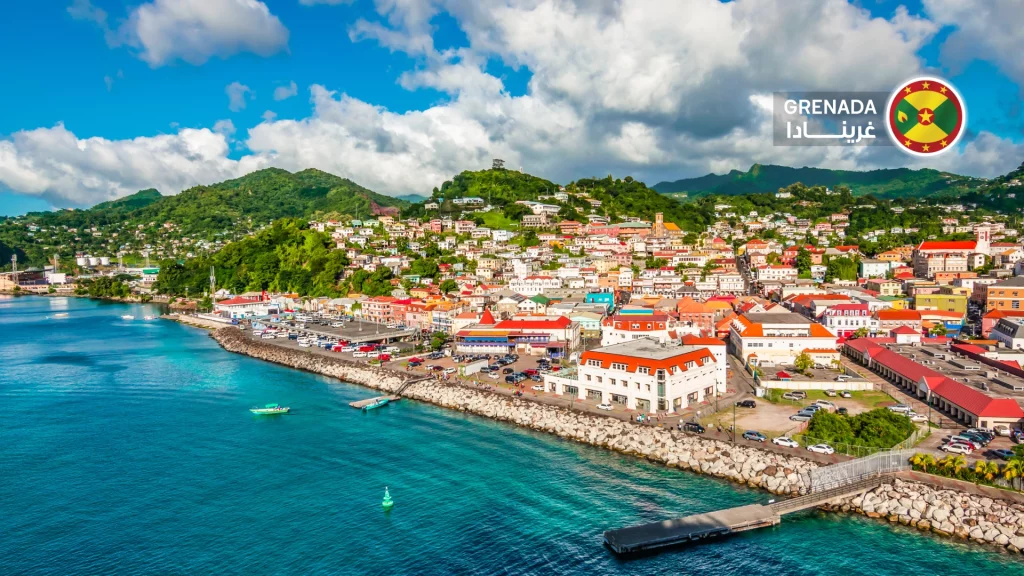How to move Portugal and get Portugal permanent residency
Portugal is one of the most welcoming and popular countries in Europe for people who want to move abroad. The country has a warm climate, friendly people, low living costs, good healthcare, and a rich culture. Because of these reasons, many people from around the world have decided to make Portugal their new home whether to retire, work remotely, start a business, or simply enjoy a slower lifestyle.
With permanent residency in Portugal, you can live in the country without worrying about visa renewals or time limits. You have the full right to work or start your own business, study at Portuguese schools and universities, and access the public healthcare system just like citizens do. Permanent residents can also travel freely within the Schengen Area, which includes most European countries, without needing extra visas. After holding permanent residency for some time, you may also choose to apply for Portuguese citizenship if you meet the necessary requirements.
Why Choose Portugal?
it’s important to understand why Portugal stands out among European nations for relocation.
How to choosing the right Portugal visa type ?
The first and most important step in moving to Portugal is choosing the right type of visa. A visa gives you official permission to live in Portugal for a long time. The kind of visa you need depends on your personal situation whether you plan to retire, work remotely, invest, or take up a job or study opportunity. Portugal has created several visa options to make it easier for foreigners to move there. Each visa has different rules and income requirements, but they all lead to the same goal: getting legal residency.
If you’re retired or have a steady income from abroad, you might qualify for the D7 Visa, also called the “Passive Income Visa.” This is one of the most popular options because it’s designed for people who can support themselves without needing a job in Portugal.
If you work online or run a business remotely, you can apply for the D8 Digital Nomad Visa. This visa is perfect for remote workers and freelancers who earn money from clients or companies outside of Portugal.
For those who want to invest in Portugal, there’s the Golden Visa Program. This visa allows you to gain residency by making a qualifying investment in the country, such as putting money into investment funds or creating jobs through a business.
if you already have a job offer in Portugal or are planning to study at a Portuguese university, you can apply for a work or student visa. These visas allow you to stay in the country for the length of your work contract or study program.

What is Portugal D7 Visa or Passive Income Visa ? Is that permanent Visa ?
The D7 Visa, also called the Passive Income Visa, is a type of visa for people who want to live in Portugal and have a stable income from abroad. This income can come from pensions, savings, rental properties, or investments. The D7 Visa is not a permanent visa by itself it is a temporary visa that allows you to enter Portugal and apply for a residence permit.
Once in Portugal, you can get a temporary residence permit valid for 2 years, which can then be renewed. After five years of legal residence, D7 visa holders can apply for permanent residency or even Portuguese citizenship, provided they meet the requirements such as basic Portuguese language skills, income proof, and a clean criminal record. Simply the D7 Visa is the first step toward long-term residency in Portugal, giving you the right to live, work, and study in the country while paving the way for permanent residency later.

Document checklist for the Portugal D7 Visa (Passive Income Visa).
When applying for the D7 Visa, you generally need the following documents or you can do visit this link or government official link
The processing time for the D7 Visa can vary depending on your country and how quickly you submit all required documents. Typically, the initial visa application at a Portuguese consulate takes about 2 to 4 months to be reviewed and approved. After arriving in Portugal, you must apply for a temporary residence permit at SEF (the Portuguese immigration authority), which usually takes 1 to 3 months to process. In total, you should plan for around 3 to 6 months from the start of your application to receiving your residence permit. It’s important to start early and ensure all documents are complete to avoid delays.
What is Portugal D8 Digital Nomad Visa ? Is that permanent Visa ?
The D8 Digital Nomad Visa is a type of visa for people who work remotely for a company or clients outside of Portugal. It is designed for freelancers, remote employees, and online entrepreneurs who want to live in Portugal while continuing their international work. This visa allows you to legally stay in Portugal and enjoy its lifestyle, healthcare, and other benefits while working online.
The D8 Visa is not a permanent visa. It is also a temporary residence visa, usually valid for 1 year, and can be renewed if you continue to meet the requirements. After living legally in Portugal for five years, holders of the D8 Visa may apply for permanent residency or Portuguese citizenship, just like with the D7 Visa.

Document checklist for the D7 Visa (Passive Income Visa).
When applying for the D7 Visa, you generally need the following documents or you can do visit this link or government official link
The processing time for the D7 Visa can vary depending on your country and how quickly you submit all required documents. Typically, the initial visa application at a Portuguese consulate takes about 2 to 4 months to be reviewed and approved. After arriving in Portugal, you must apply for a temporary residence permit at SEF (the Portuguese immigration authority), which usually takes 1 to 3 months to process. In total, you should plan for around 3 to 6 months from the start of your application to receiving your residence permit. It’s important to start early and ensure all documents are complete to avoid delays.
Portugal Golden Visa Program
The Portugal Golden Visa is a residence-by-investment program designed for non-EU/EEA nationals who want to live in Portugal by making a qualifying investment. This can include options like real estate purchases, capital transfer, creating jobs, or investing in research or cultural projects.
The Golden Visa initially grants temporary residence, usually valid for 1 to 2 years, and is renewable. It is not permanent residency at first, but it provides a fast track to permanent residency. After five years of legal residence, holders of a Golden Visa can apply for permanent residency and, if they meet language and other requirements, eventually Portuguese citizenship. The program is particularly popular because it requires minimal stay requirements currently 7 days in the first year and 14 days in subsequent two year periods allowing investors to live mostly outside Portugal while keeping their visa valid. Here are some of the current minimum investment amounts for the Portugal Golden Visa in 2025:

Document checklist for the Portugal Golden Visa Program.
Here are the document checklist points for the Portugal Golden Visa:
Many new applicants for the Portugal Golden Visa often wonder about the Portuguese Tax Identification Number (NIF) and whether they need it before applying. The answer is yes you must obtain a NIF first, even if you are not yet living in Portugal. NIF stands for Número de Identificação Fiscal and this number is essential for making your investment, opening a bank account, and completing your Golden Visa application. Non-residents can get a NIF through a Portuguese tax office if visiting Portugal, or via a fiscal representative if applying from abroad. Think of it as a key first step to start your Golden Visa journey.
Benefits of Portugal Permanent Residency
Getting permanent residency in Portugal lets you live a safe and comfortable life in one of Europe’s friendliest countries. You can stay long term, enjoy social benefits, and live and work freely just like a Portuguese citizen.



